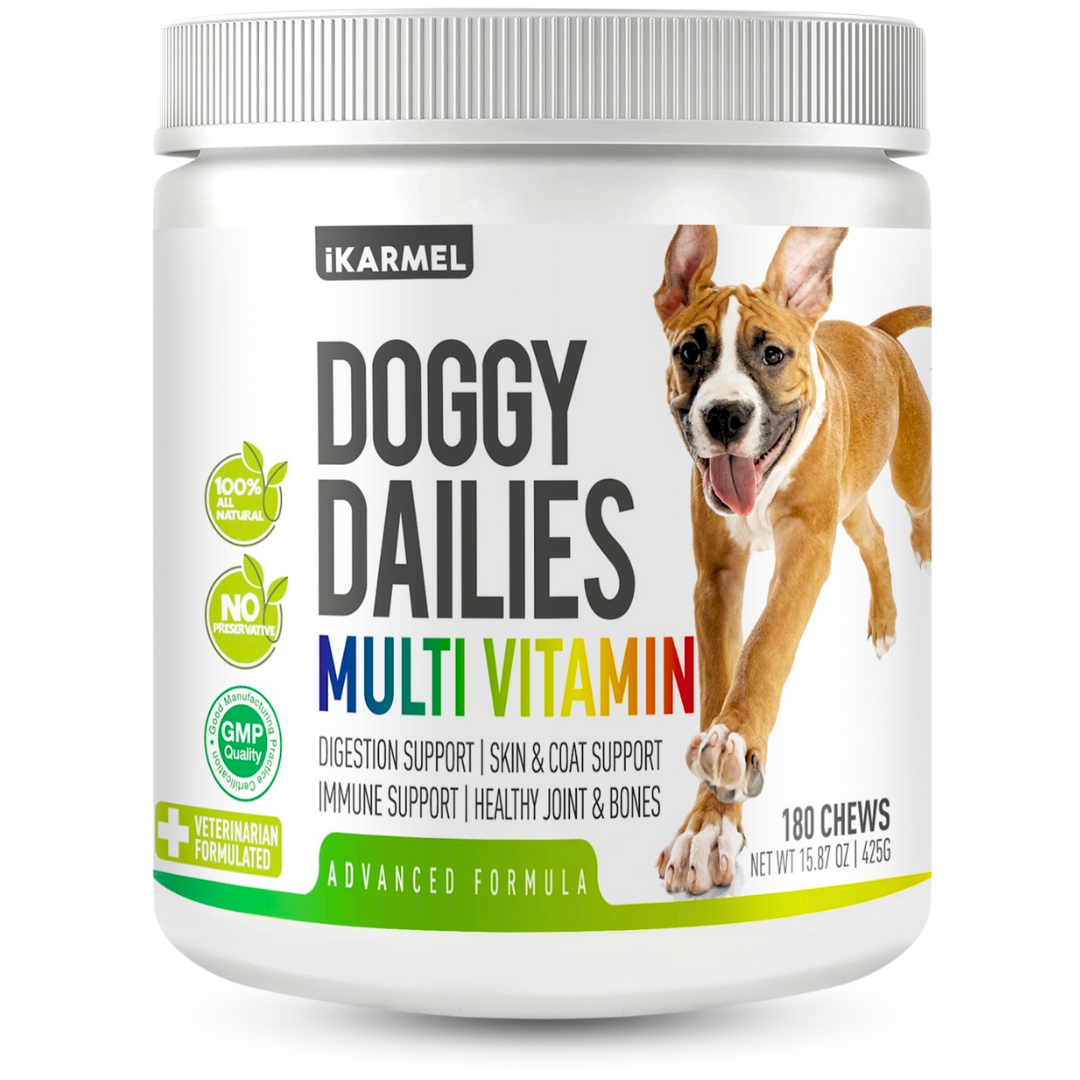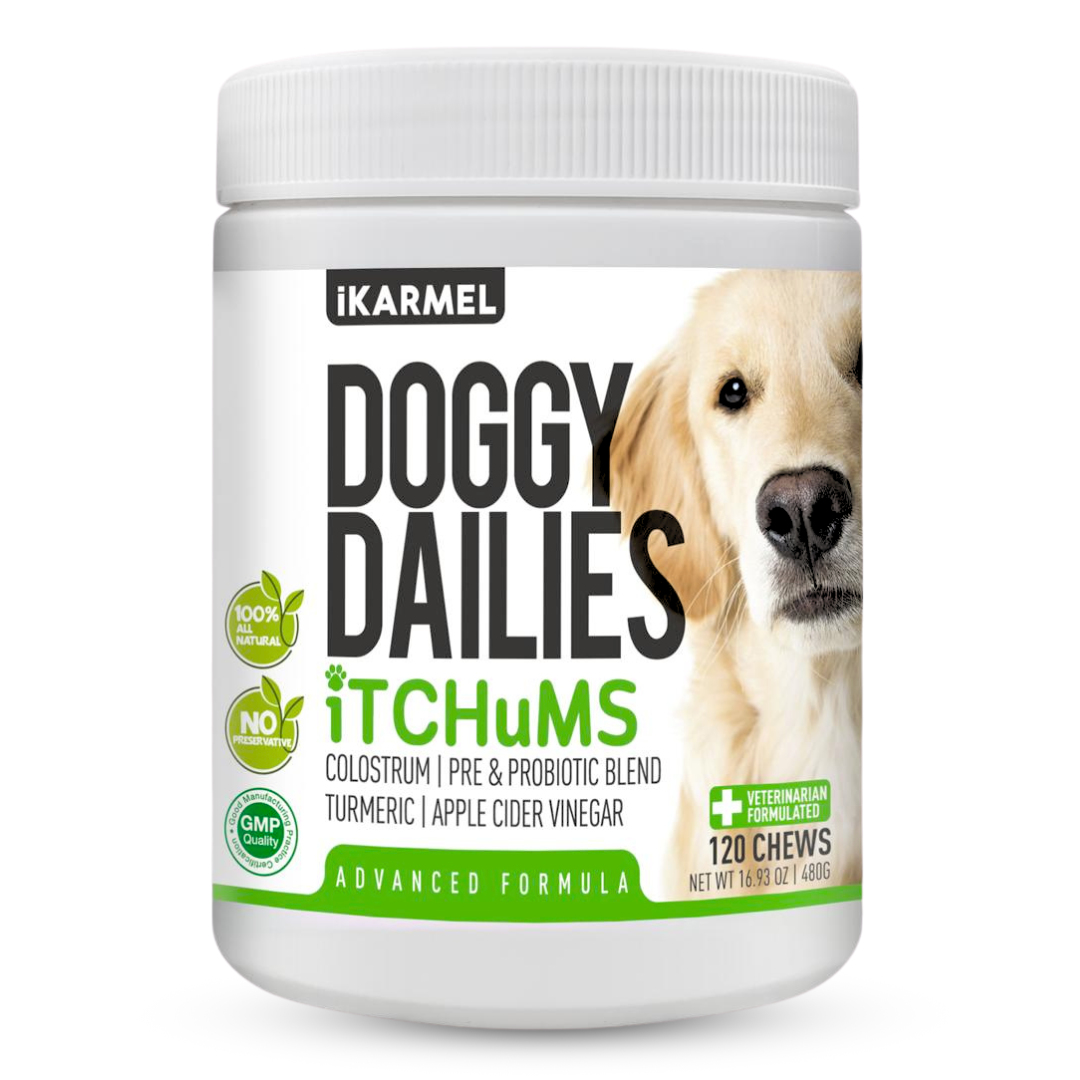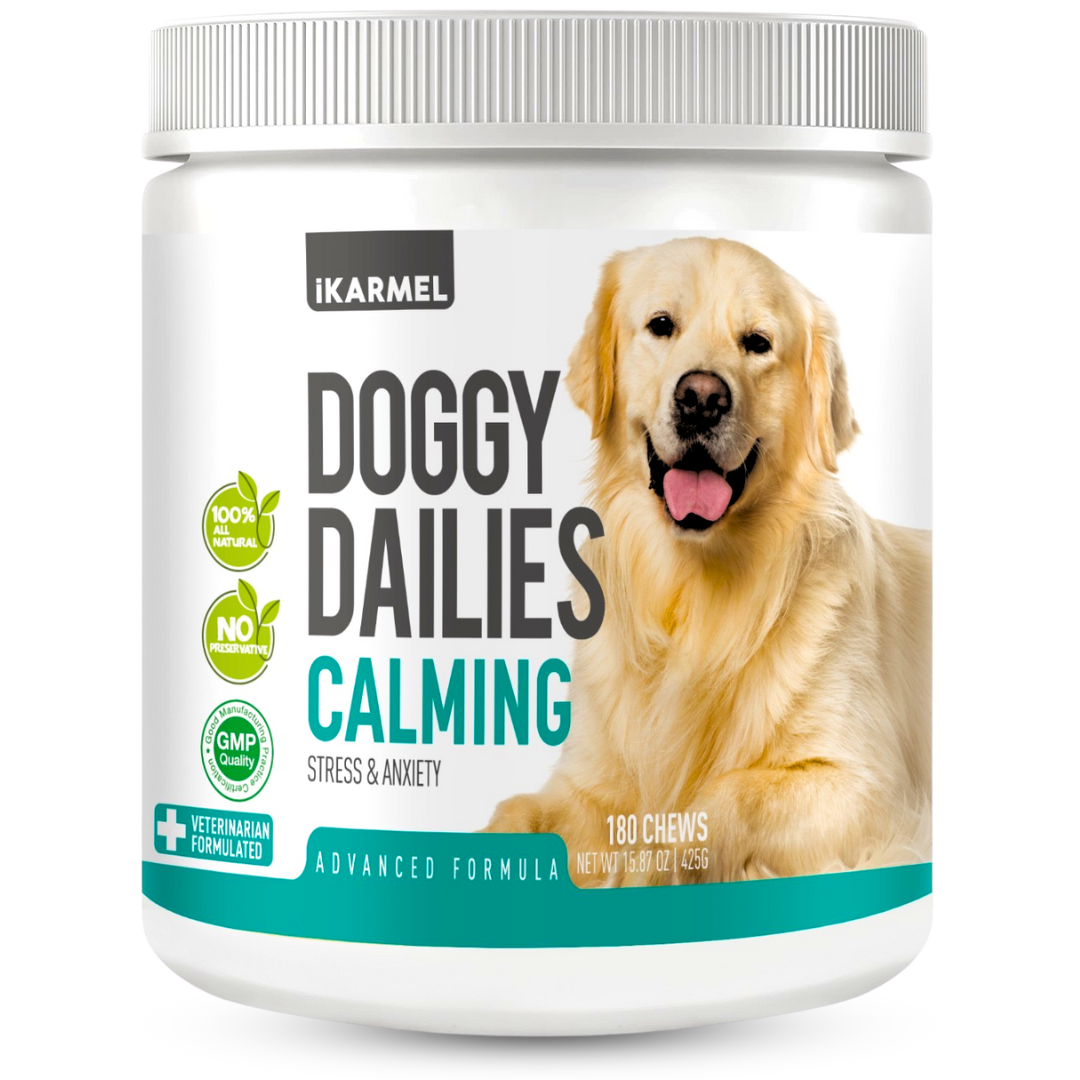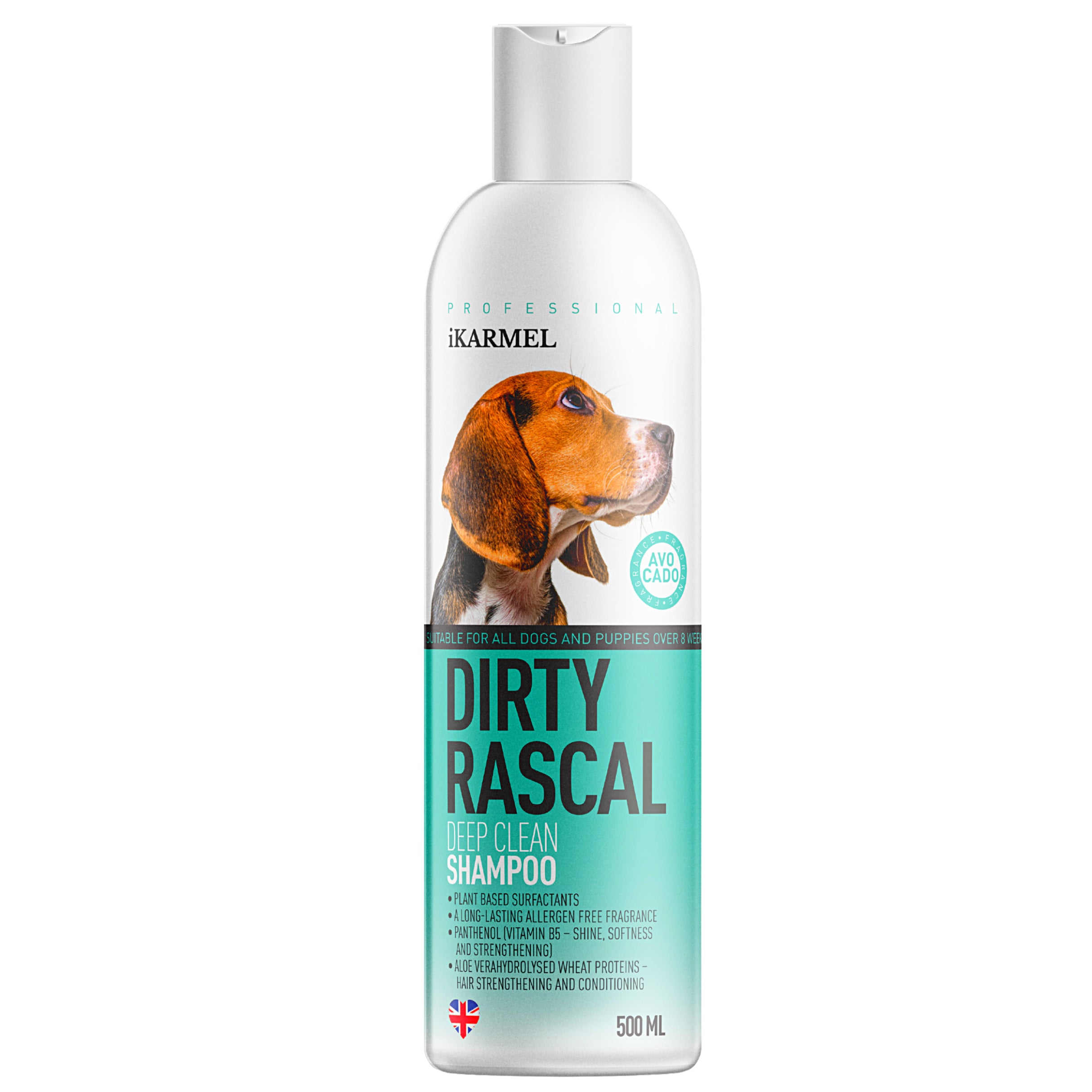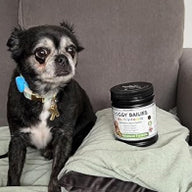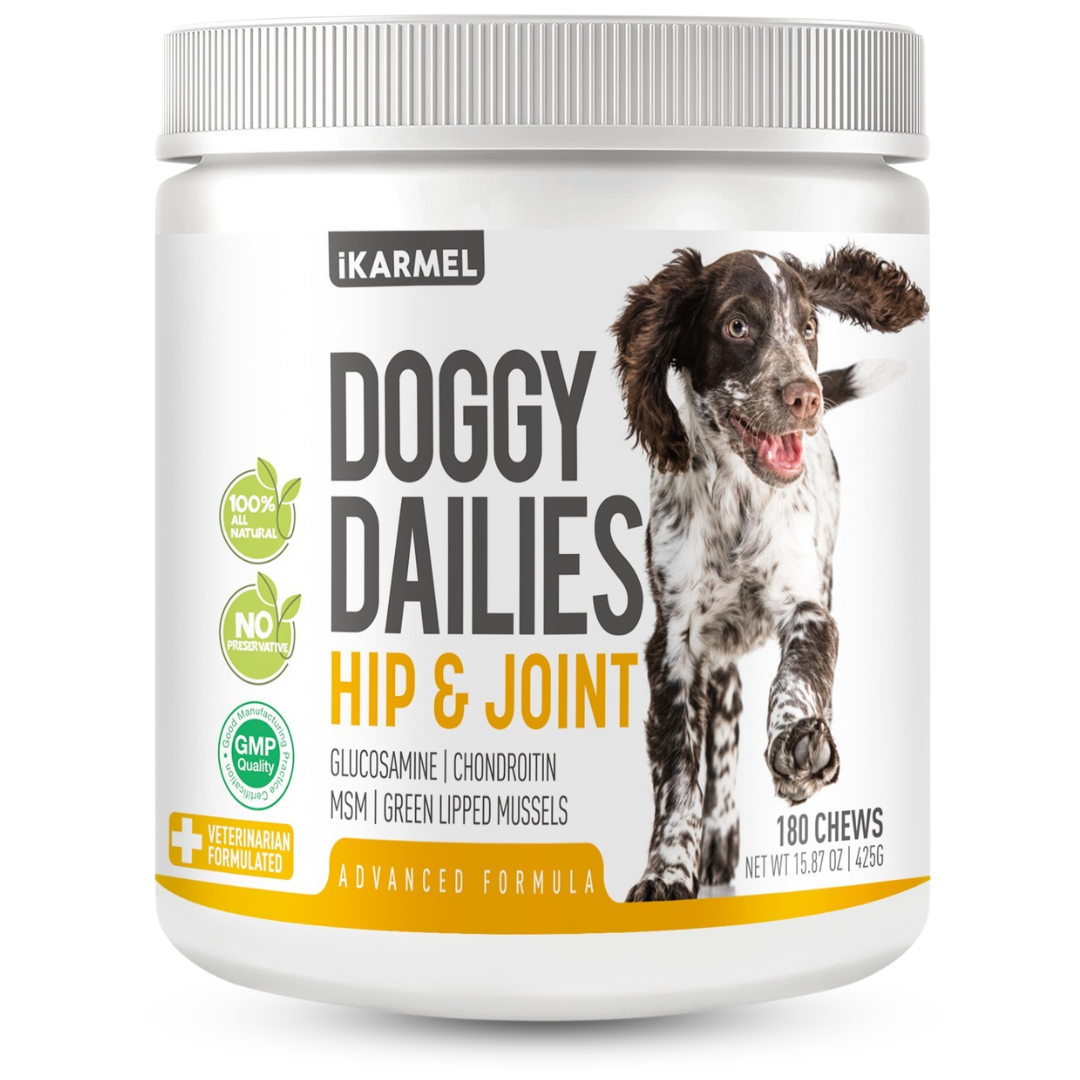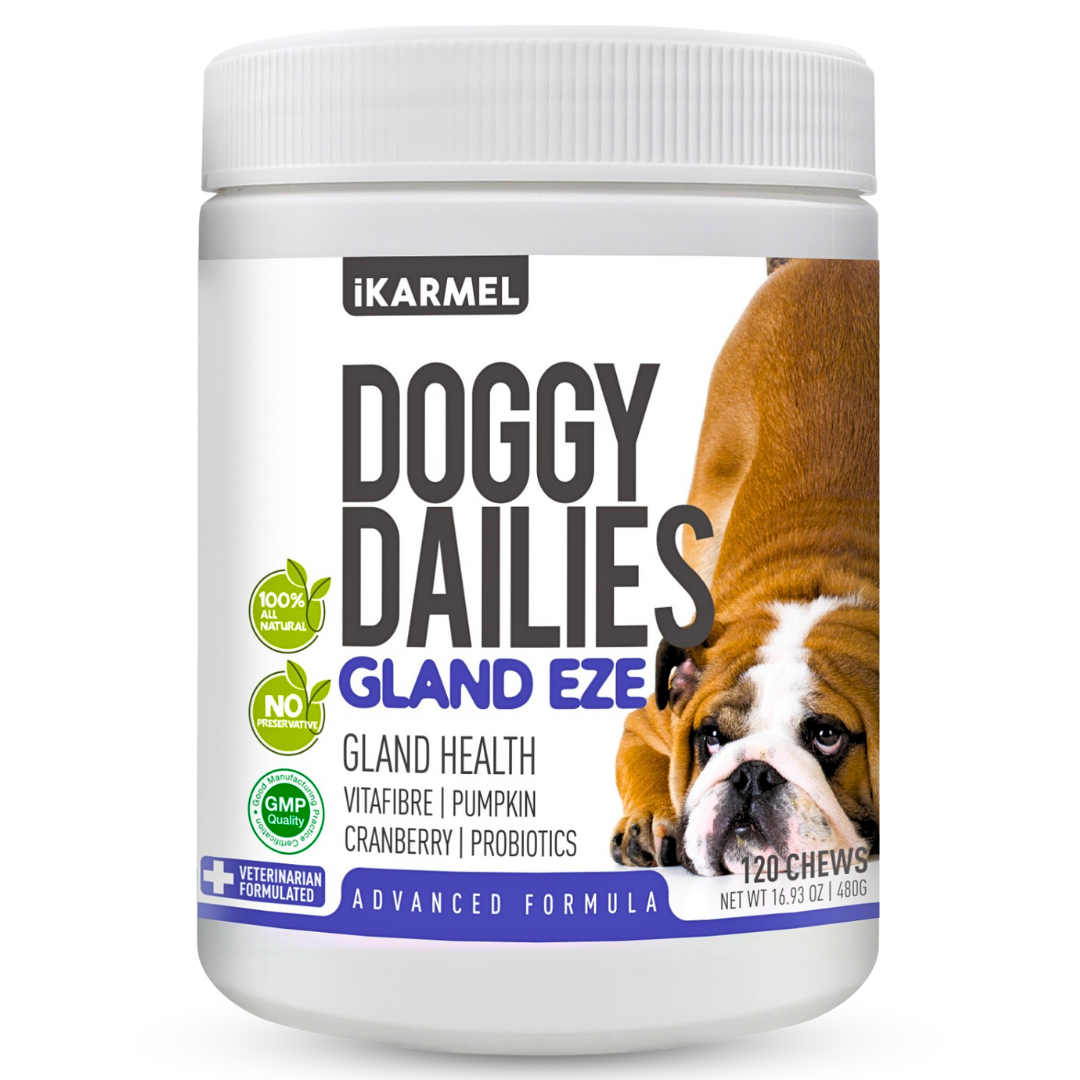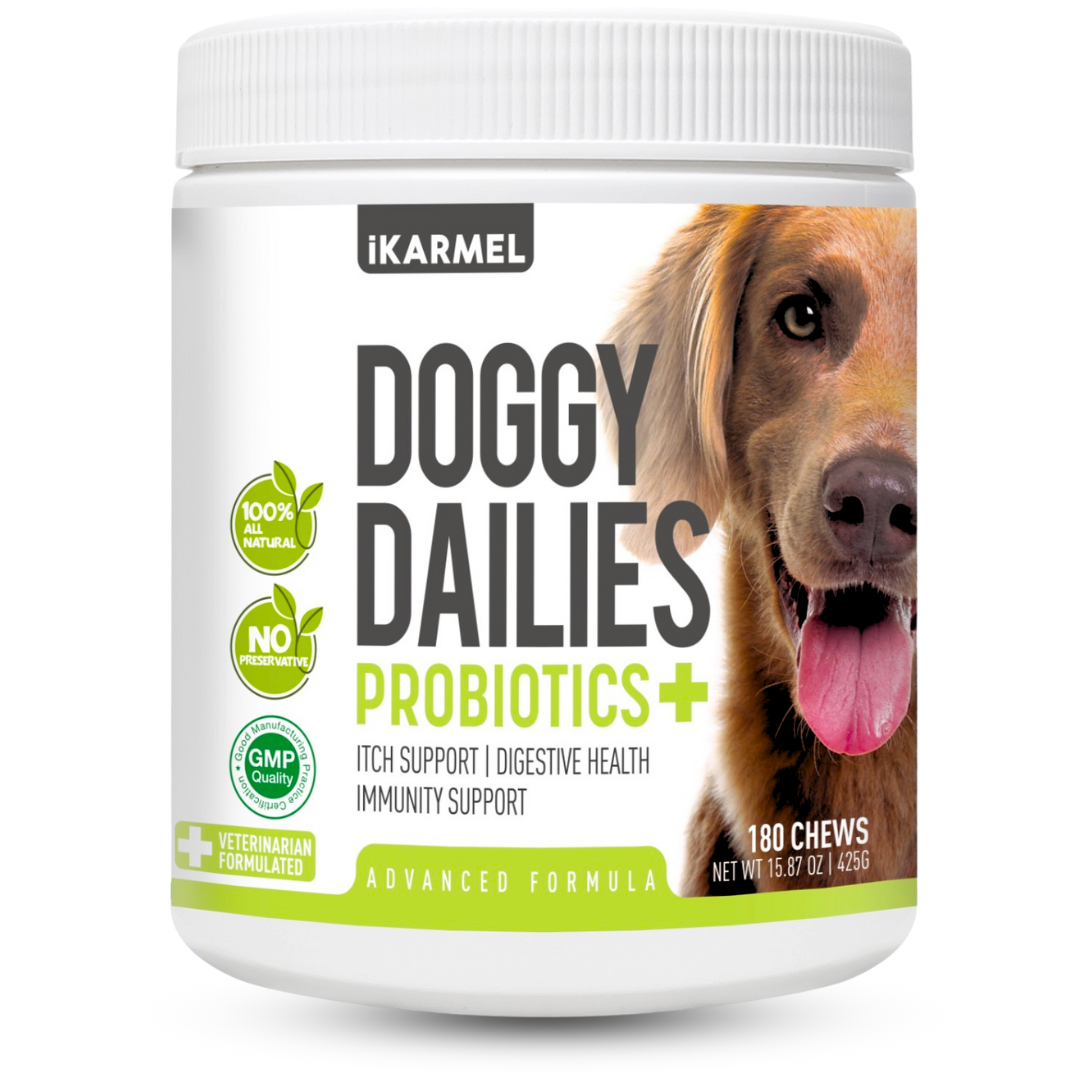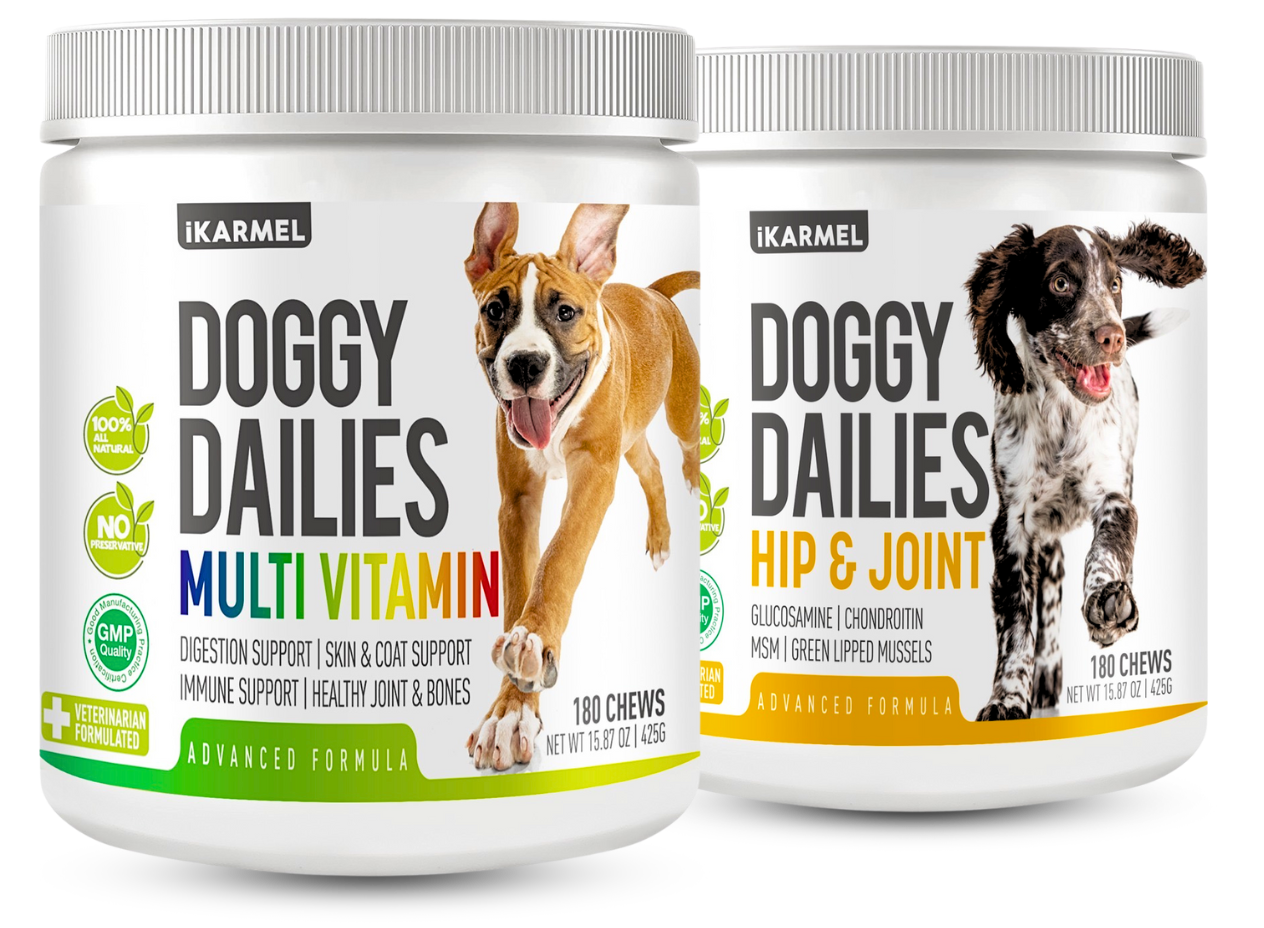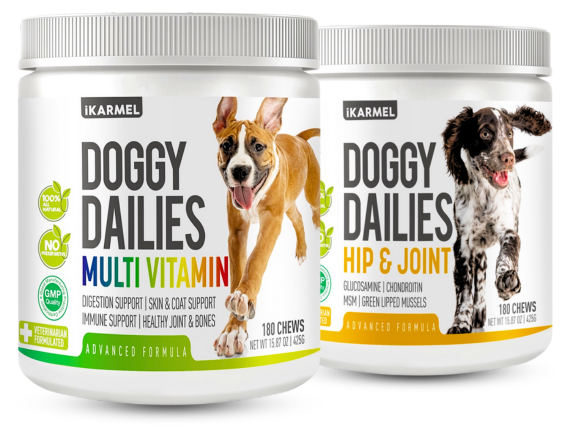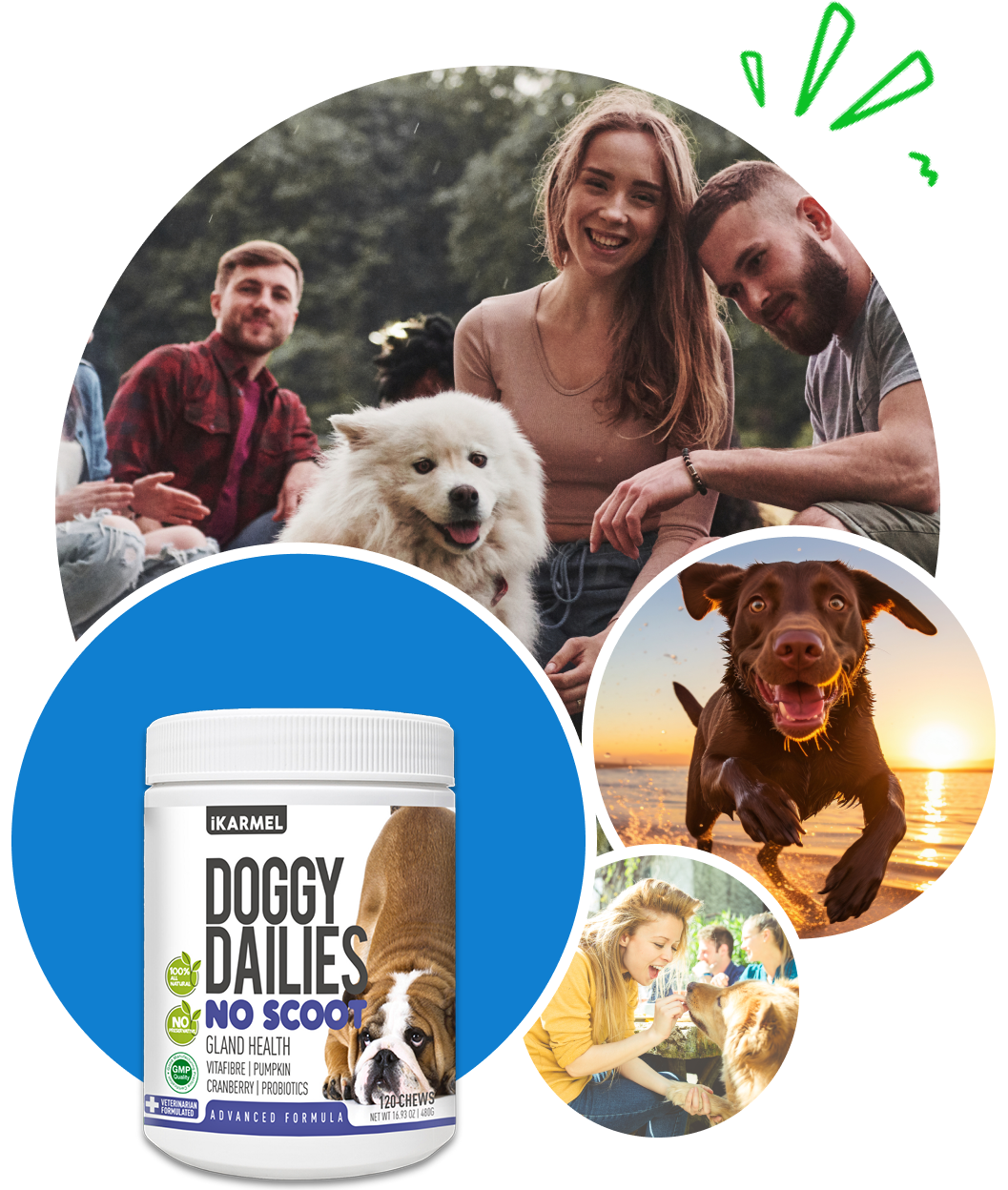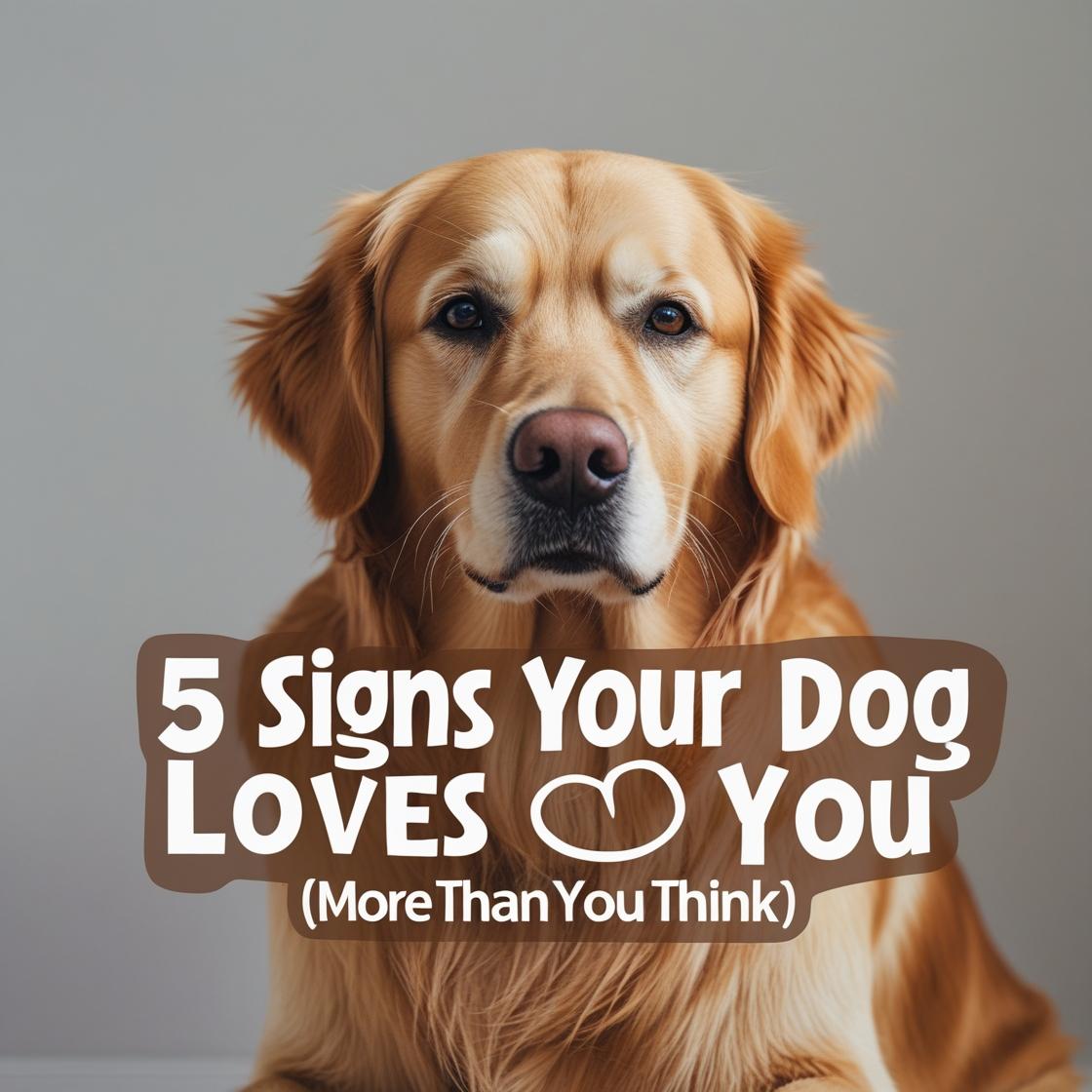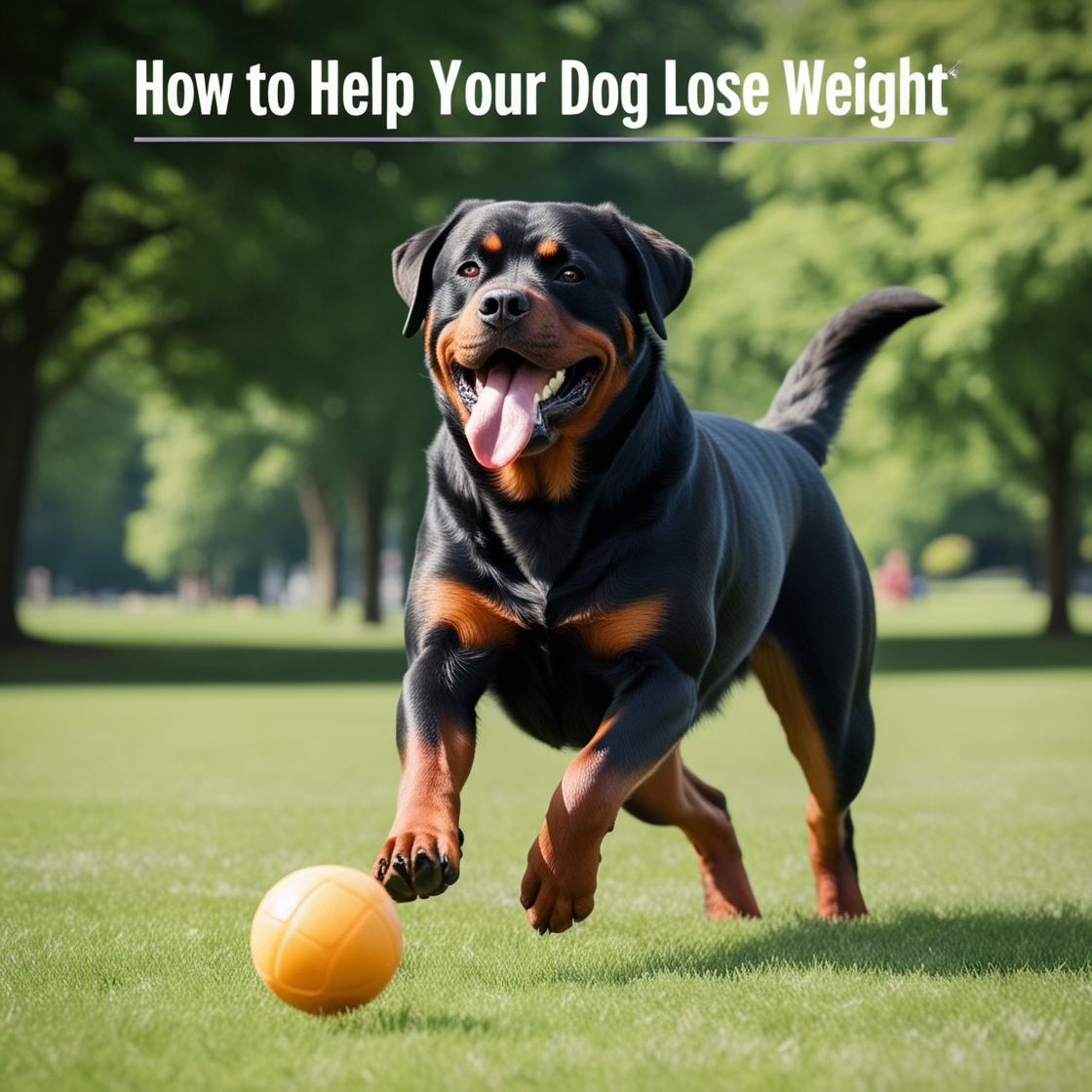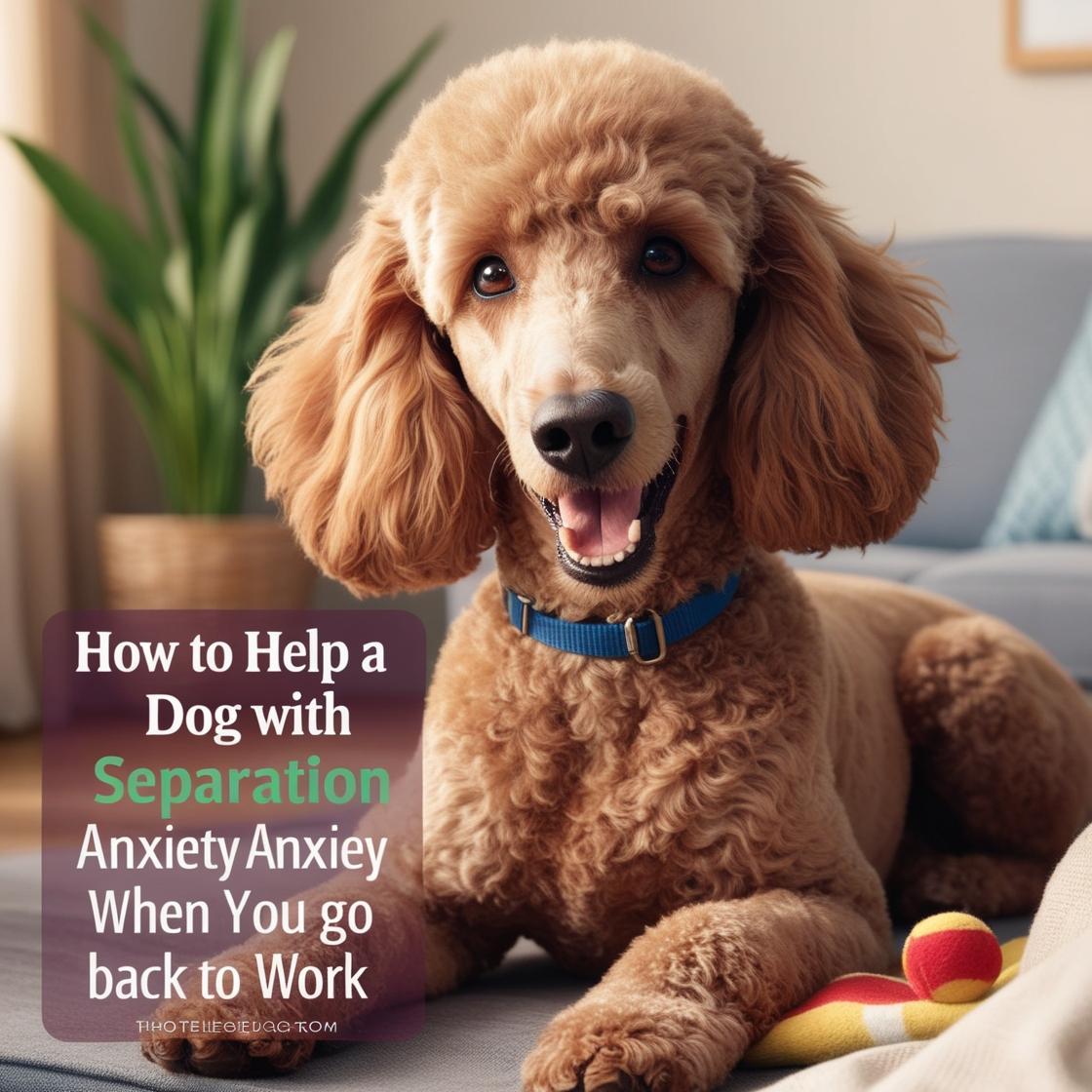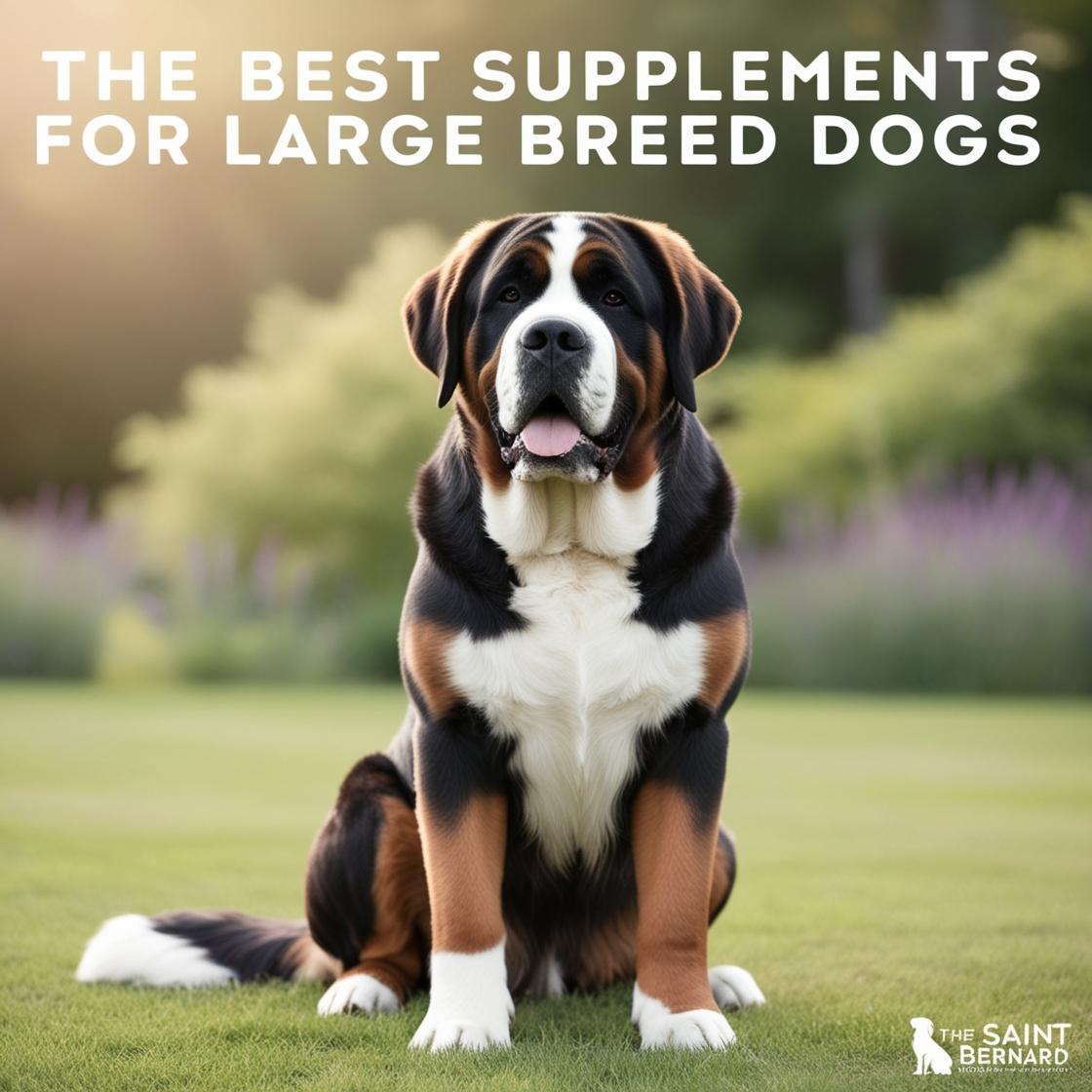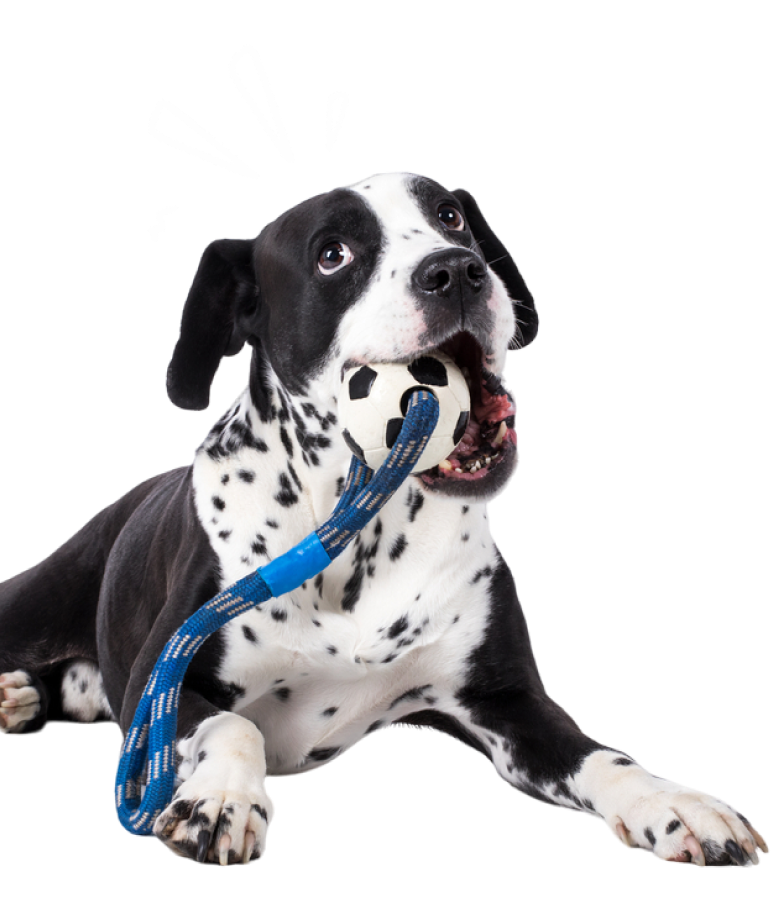WHY DOES MY DOG HAVE A RUNNY NOSE?
Estimated Read Time: 3 ½ minutes
Summary: “Why does my dog have a runny nose?” If you’re concerned about dog nasal congestion, this blog looks at treating nasal congestion in dogs. We’ll find out what the dog nasal congestion symptoms are, what the causes are, and how to help your dog’s runny and blocked up nose out…
DOG RUNNY NOSE: WHAT ARE THE SYMPTOMS?
Signs your dog may have nasal congestion can include;
- Nasal discharge (a runny nose)
- A swollen nose
- Heavy breathing/Having difficulty breathing
- Pawing at their face
- Disinterest in food
- Sneezing/snorting
- Reverse sneezing
- Lethargy
- Restlessness
WHY DOES MY DOG HAVE A RUNNY NOSE?
Causes of dog nasal congestion can include;
- Seasonal allergies
- Something’s stuck up there!
- A breed disposition (nasal congestion is common in flat-faced breeds like Boxers, Boston Terriers, Pugs, Shih-Tzus and Bulldogs because of their airway shape)
- Dental issues
- Their nasal passage is infected
- Canine distemper (This is a very serious, contagious virus. Dogs should be vaccinated against this when they are puppies)
- Tumours or cancerous glands

DOG RUNNY NOSE: HOW TO HELP
First things first you need to find out what the root cause of your dog’s runny nose is.
Have a look to see if you can see a foreign object. If one is there and if you’re feeling confident, try removing the problem with a pair of tweezers. If not, you’ll have to ask your vet to assist your pet.
If there’s nothing obvious blocking your pup’s nose, they should be assessed by a vet - particularly if the runny nose has been bothering them for over 24 hours or if the nasal discharge is coloured yellowy-green, crusty or bloody.
Your vet will be able to conduct the appropriate tests, diagnose the issue and prescribe the necessary, effective treatment.
Things you can do to help and prevent your dog’s runny nose are:
Vaccinating Your Pet - Making sure your dog is up to date on all their vaccinations is an essential part of pet care and can stop them from contracting dangerous infections like canine distemper which can potentially be fatal. This vaccine in particular is usually administered when a dog is between 8 and 16 weeks old.
Staying On Top Of Their Dental Care - If a dog’s gums are affected by bacteria and too much plaque, they can develop things like abscesses which can block your pup’s sinuses too. Good oral hygiene is essential for a dog’s overall health so make sure you’re regularly cleaning their teeth and using doggy dental sticks to help stay on top of plaque build-up. Read up on why canine dental health is so important here.

Use An Air Humidifier - An air humidifier will help to increase moisture in the air and provide relief to your dog’s blocked nose. Alternatively, take them in the bathroom with you when you have a hot shower as the steam from it will also help relieve their stuffy sinuses!
Obtain Doggy Antihistamines - If your dog has an allergy to their environment (yes, doggy’s can develop and have hay fever!) make sure you consult with your vet on how to support them with dog-specific antihistamines or other treatment plans. Also, check out our blog on how to help your dog with their seasonal allergies here.
